Olafur Eliasson's new light sculptures illuminate Los Angeles
Olafur Eliasson's new exhibition, 'Open,' at the Museum of Contemporary Art in Los Angeles, includes 11 new pieces
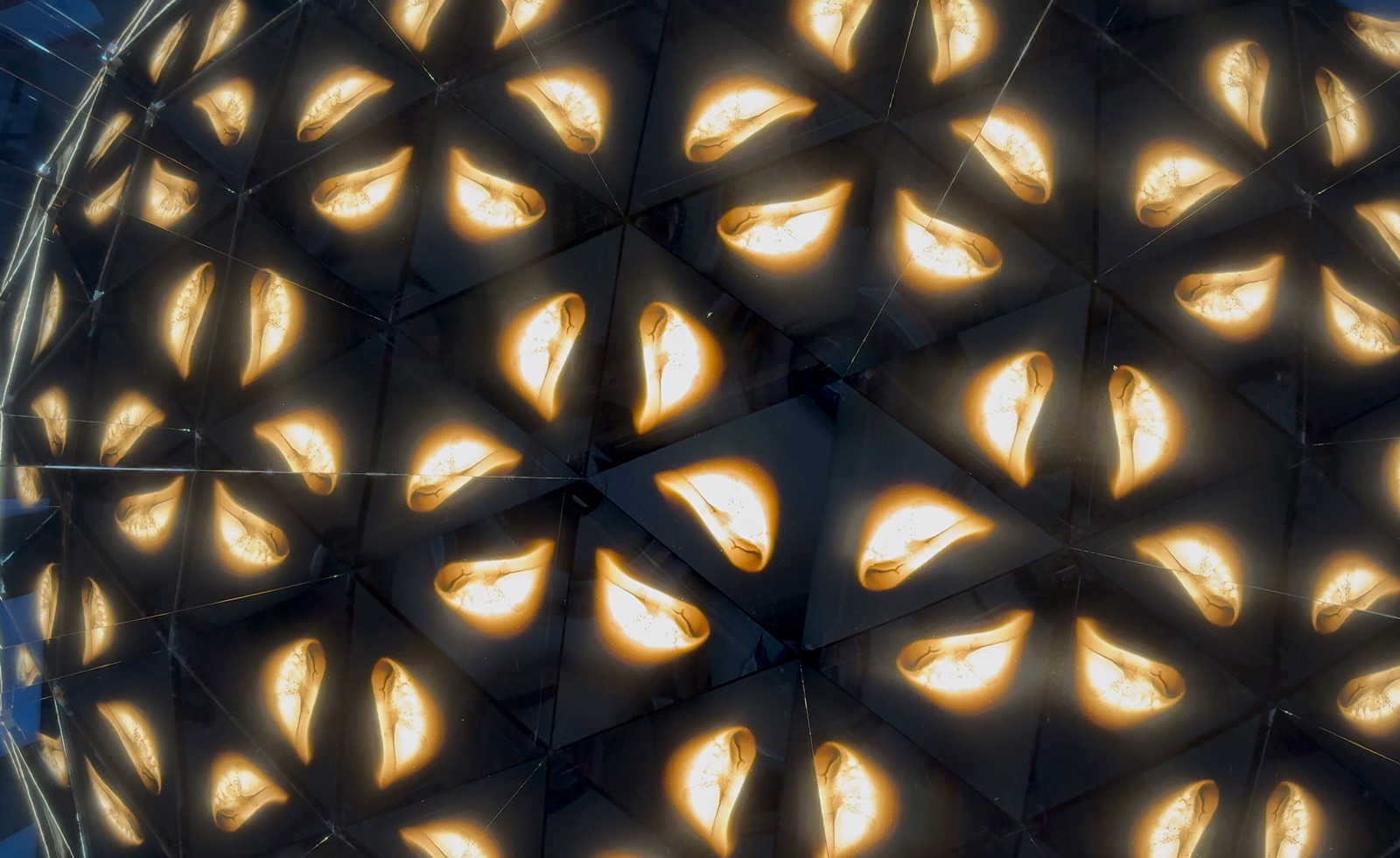
While artists often hope to control the way their work is received, a survey of mostly new work by Olafur Eliasson takes a different stand in its title: 'Open'. His exhibition at the Museum of Contemporary Art in Los Angeles, many years in preparation, includes 11 new pieces that invite participation without prejudice. Simply walk into the vast darkened galleries and be immersed in the effects of light as it is transformed by prisms, mirrors or LEDs into pure experience. 'Open' is also the title of a giant rainbow, glowing on a wall, that is produced by a round prism milled by the artist. 'A rainbow is actually a circle that only appears to be an arch because of the horizon line. In this case, the floor of the gallery is what keeps the rainbow from being a full circle,' he explains.
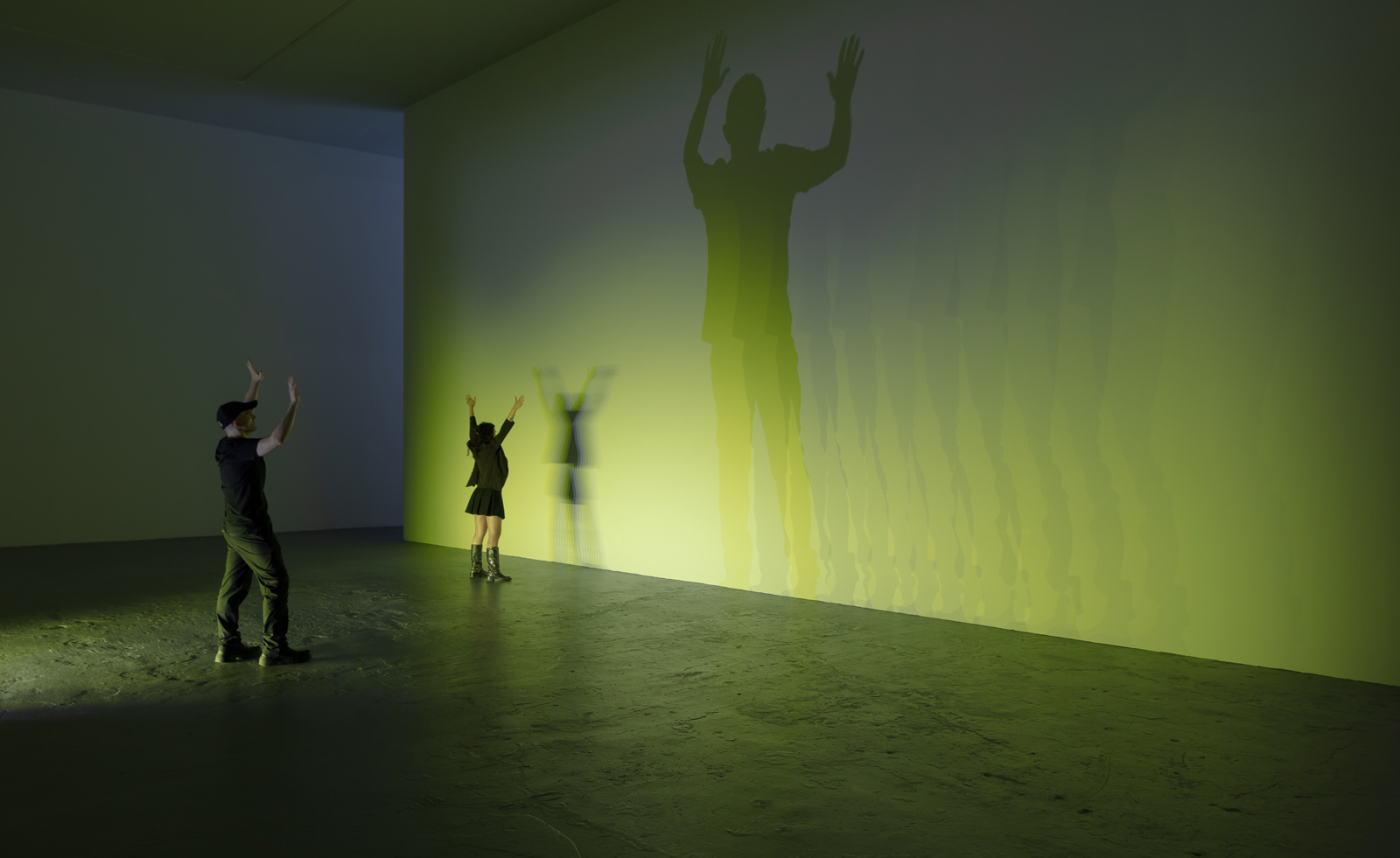
Installation view of Olafur Eliasson: OPEN, September 15, 2024–July 6, 2025 at The Geffen Contemporary at MOCA. Courtesy of The Museum of Contemporary Art
Some of his new light sculptures are housed in hollow towers up to 40 feet tall and constructed roughly with materials leftover from a previous exhibition. Attached to the building’s existing skylights, they act as kaleidoscopes offering beautiful warnings of the earth’s fragility. One piece titled 'Observatory for seeing the atmosphere’s futures' presents the illusion of a sphere, a floating planet, whose tonalities shift according to the weather and the time of day.
The sculpture titled 'Viewing machine for imagining oceanic futures' startles with a view of the sky being flooded with water. 'I have a wave machine on the roof of the building so it is as if we were submerged underwater,' he explains.
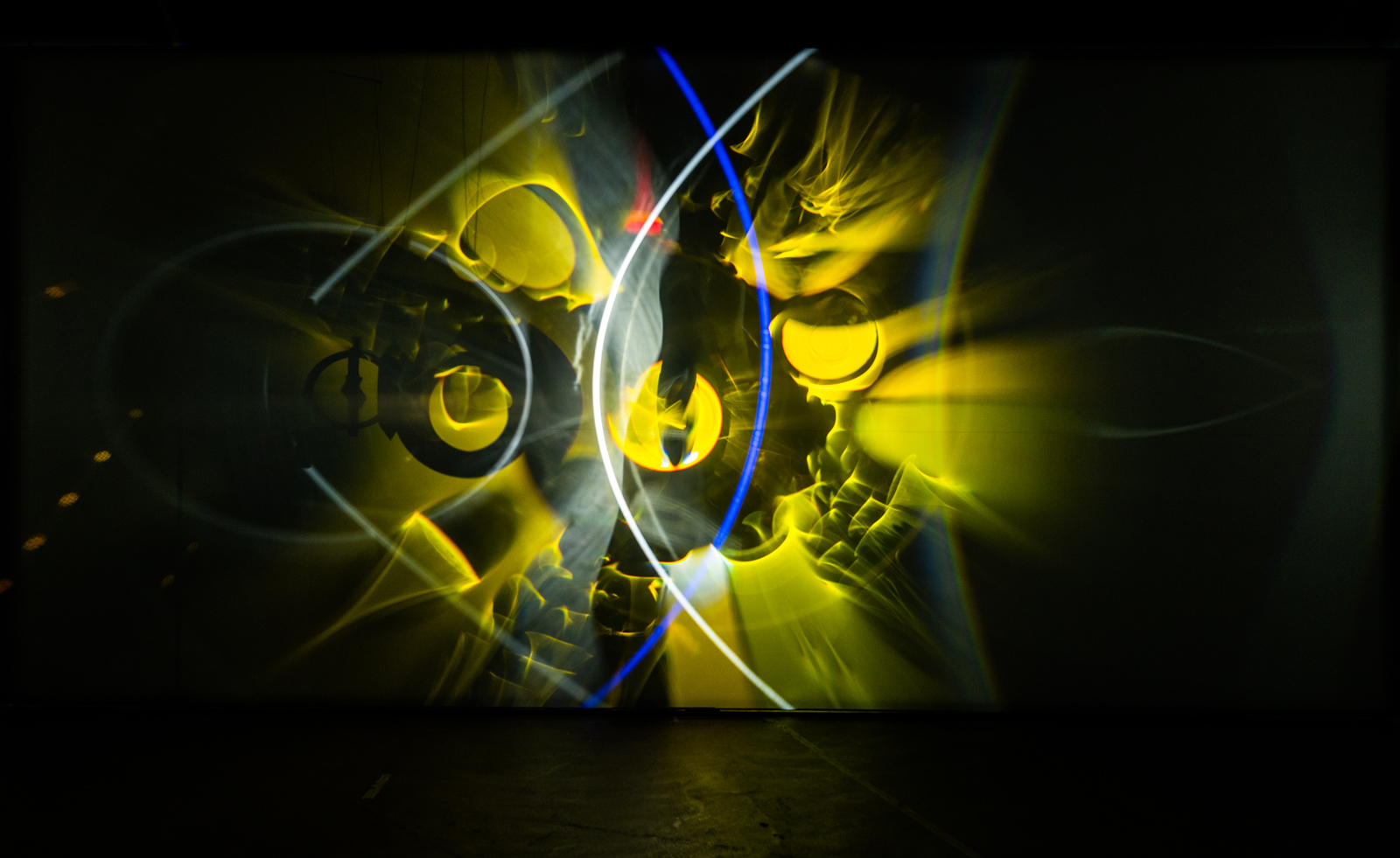
Olafur Eliasson Pluriverse assembly, 2021. Installation view: The Geffen Contemporary at MOCA, Los Angeles, 2024; Courtesy of the artist; Tanya Bonakdar Gallery, New York/Los Angeles; neugerriemschneider, Berlin © 2021 Olafur Eliasson
Eliasson, who is Icelandic/Danish and living in Berlin, experienced early notoriety for his 2003 'Weather Project' in the Tate Turbine Hall. Since then, he has grown increasingly rigorous in his efforts at sustainability in an art world known for extravagant waste. He praises MOCA director Johanna Burton for being unusually sensitive to the environmental impact of exhibition staging. 'This is the first museum we have collaborated with which was at the level of our standards. That’s also kind of open.'
Read more
He explains the show’s capitalised title: OPEN. 'Some museums come across as being elitist and unavailable. Being open is being hospitable. It’s to exercise your interest in listening. Polarisation has been normalised. I declare myself the position of being free to not polarise, right? Within our vulnerability, there is the potential of courage. What’s the most courageous thing you did? It is asking for help.'
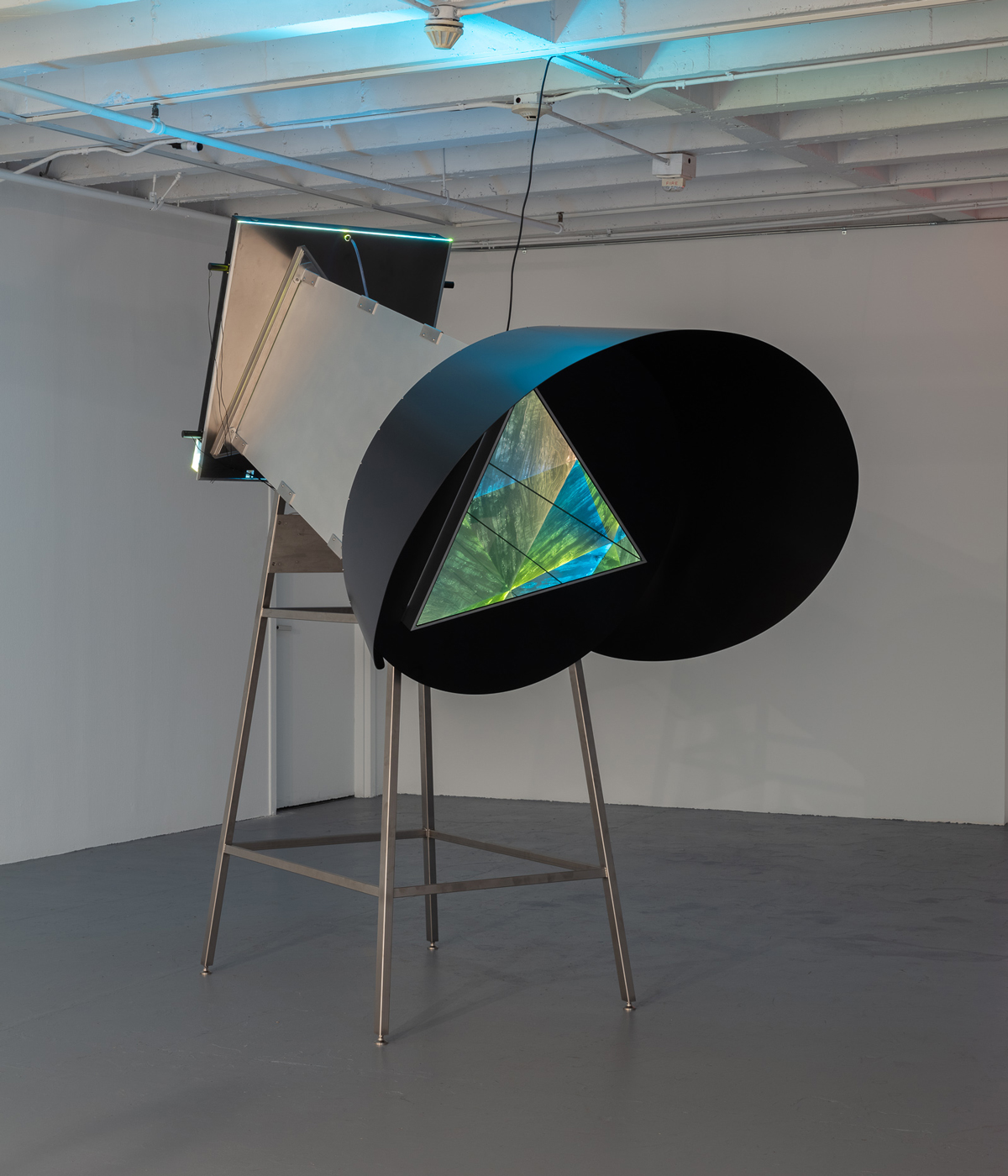
Installation view of Olafur Eliasson: OPEN, September 15, 2024–July 6, 2025 at The Geffen Contemporary at MOCA. Courtesy of The Museum of Contemporary Art
'Have the courage to lower your own defenses. The openness that we carry within ourselves is behind an armour, a social mask. I think fundamentally people are good. But if we leave no space for that to flourish, it’s going to be hard to cultivate.”
It is a busy year for Eliasson who is having exhibitions simultaneously at the elegant Istanbul Modern and the Singapore Art Museum. The presentation in L.A., organised in part by MOCA curators José Luis Blondet and Rebecca Lowery as part of the Getty-funded PST art initiative 'Art and Science Collide', is dramatically different and immensely personal. The warehouse was transformed in 1982 by then emerging architect Frank Gehry. Named the Temporary Contemporary, (now the Geffen Contemporary) it was designed for use only until the permanent MOCA, designed by Arata Isozaki, opened in 1984. However, its appeal to artists and curators, due to massive undivided spaces and high ceilings, led the museum to maintain it as a secondary site. Significant for Eliasson, Moca was a conceived as an artist’s museum, with artists participating in all the early discussions about its development. One of the most important and vocal was Robert Irwin, (1928-2023) the pioneer of West Coast perceptually-driven art and a prime early influence on Eliasson. 'Well, it's coming full circle with me,' he says. 'I could not be more proud.'
Receive our daily digest of inspiration, escapism and design stories from around the world direct to your inbox.
Because of the artist’s lengthy connection to L.A., this particular exhibition has given him added perspective. 'As an artist, I’ve been around for about 30 years. The gratitude I have, I’ve decided to transform it into tenderness, rather than monumentalism.'
Olafur Eliasson's new exhibition, 'Open,' is at the Museum of Contemporary Art in Los Angeles until July 6 2025
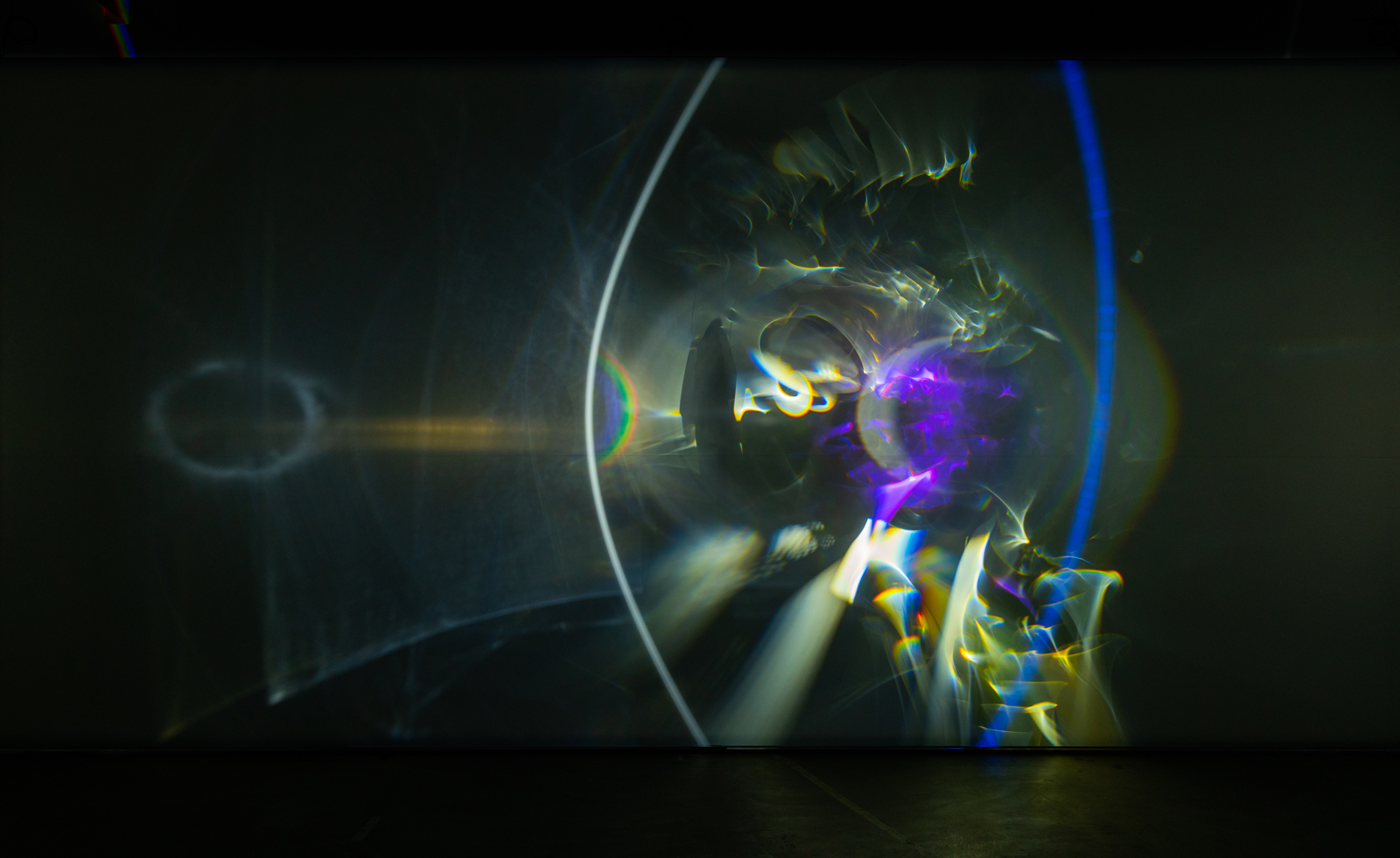
Olafur Eliasson Pluriverse assembly, 2021. Installation view: The Geffen Contemporary at MOCA, Los Angeles, 2024; Courtesy of the artist; Tanya Bonakdar Gallery, New York/Los Angeles; neugerriemschneider, Berlin © 2021 Olafur Eliasson
-
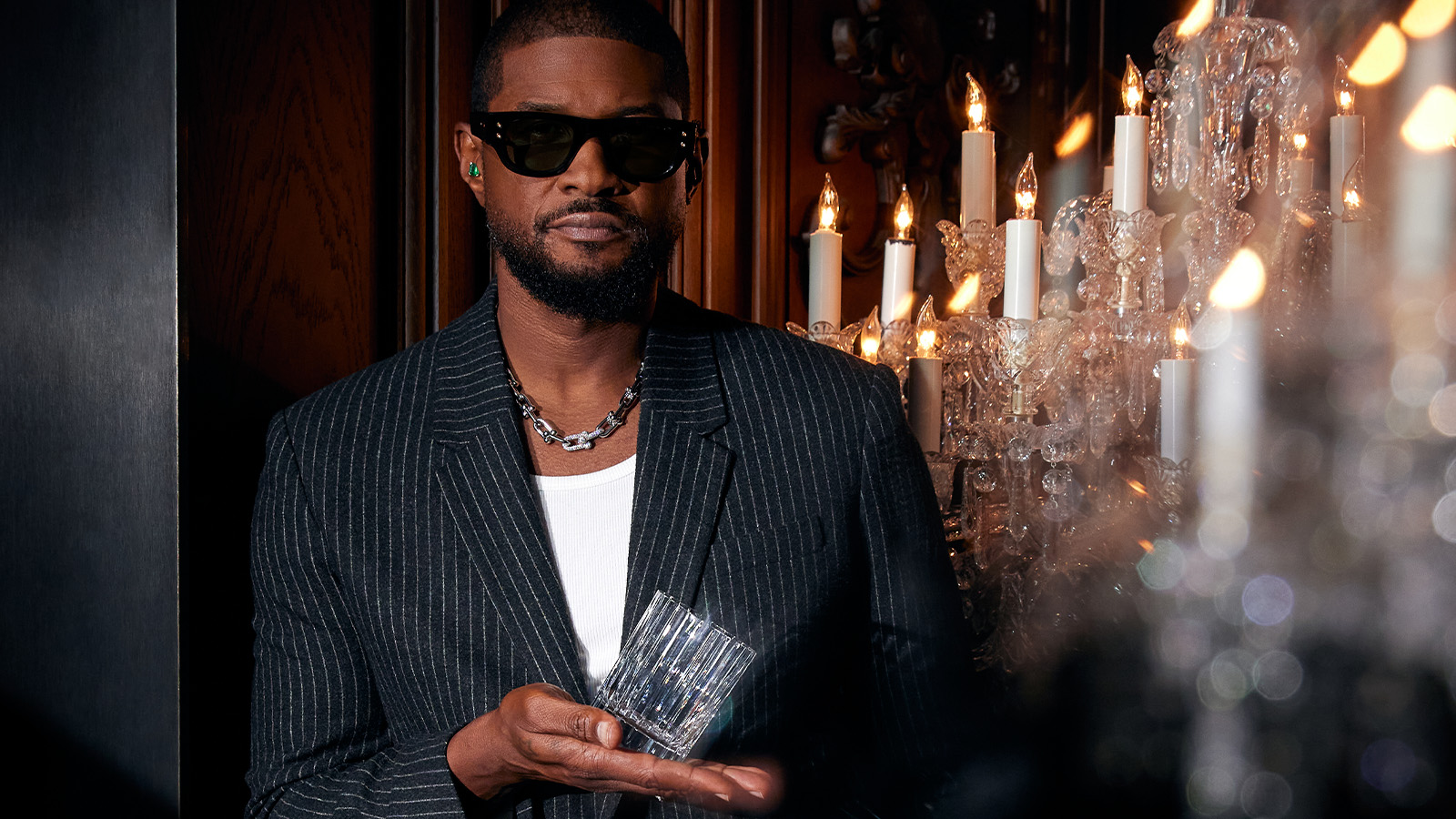 Usher opens up about breakfast playlists, banana pudding and why a glass tumbler is always on his rider
Usher opens up about breakfast playlists, banana pudding and why a glass tumbler is always on his riderOn the heels of a collaboration with Baccarat, the Grammy-winning singer-songwriter breaks down his entertaining tips. 'Hosting is an expression of how you feel about your guests and also who you are.'
-
 The beauty trends that will define 2026, from ultra-niche fragrances to anti-ageing dental care
The beauty trends that will define 2026, from ultra-niche fragrances to anti-ageing dental careAs we enter the new year, we speak to experts in fragrance, skincare, aesthetics, wellness and more about the trends that will be shaping the way we look
-
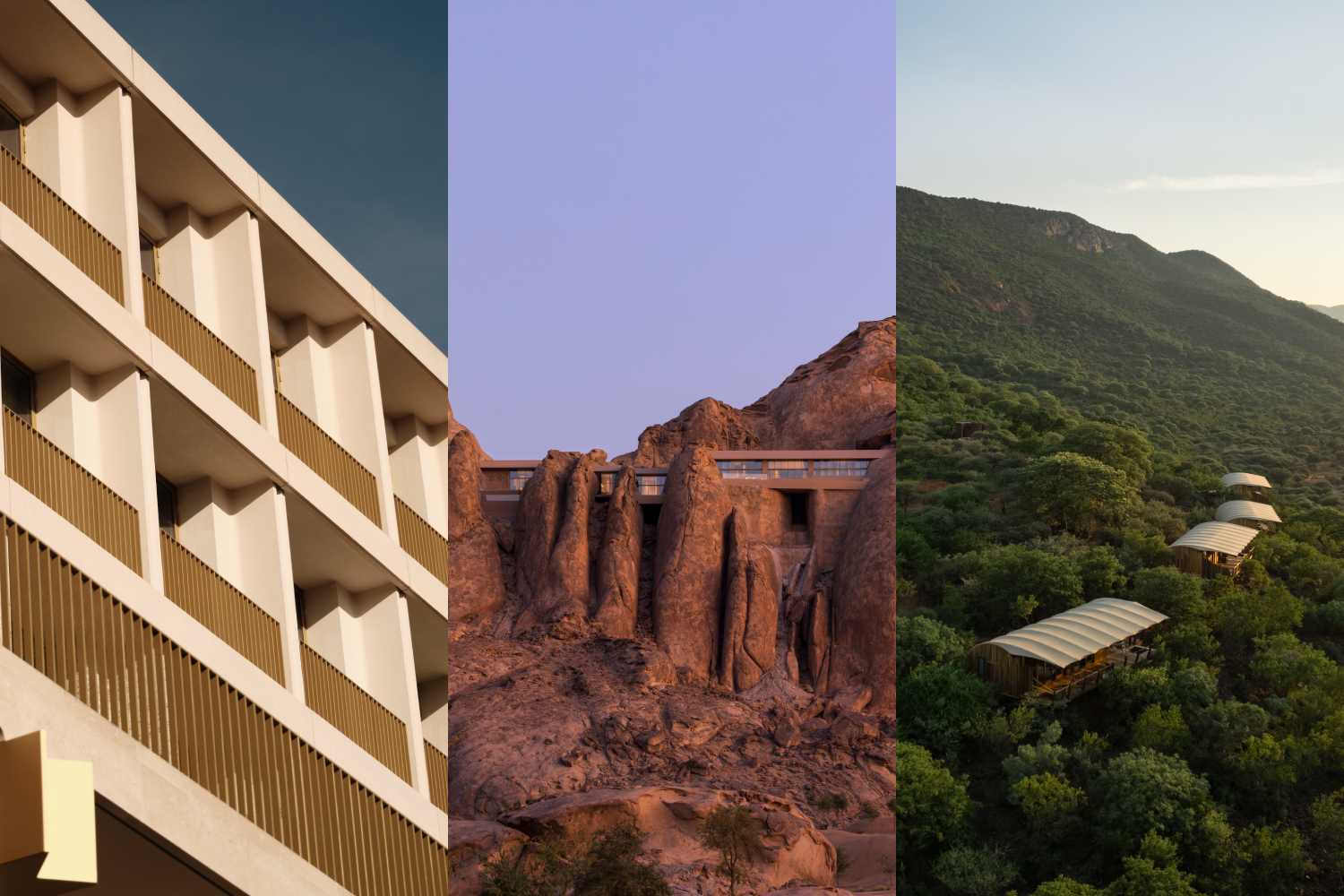 The most stylish hotel debuts of 2025
The most stylish hotel debuts of 2025A Wallpaper* edit of this year’s defining hotel openings. Design-led stays to shape your next escape
-
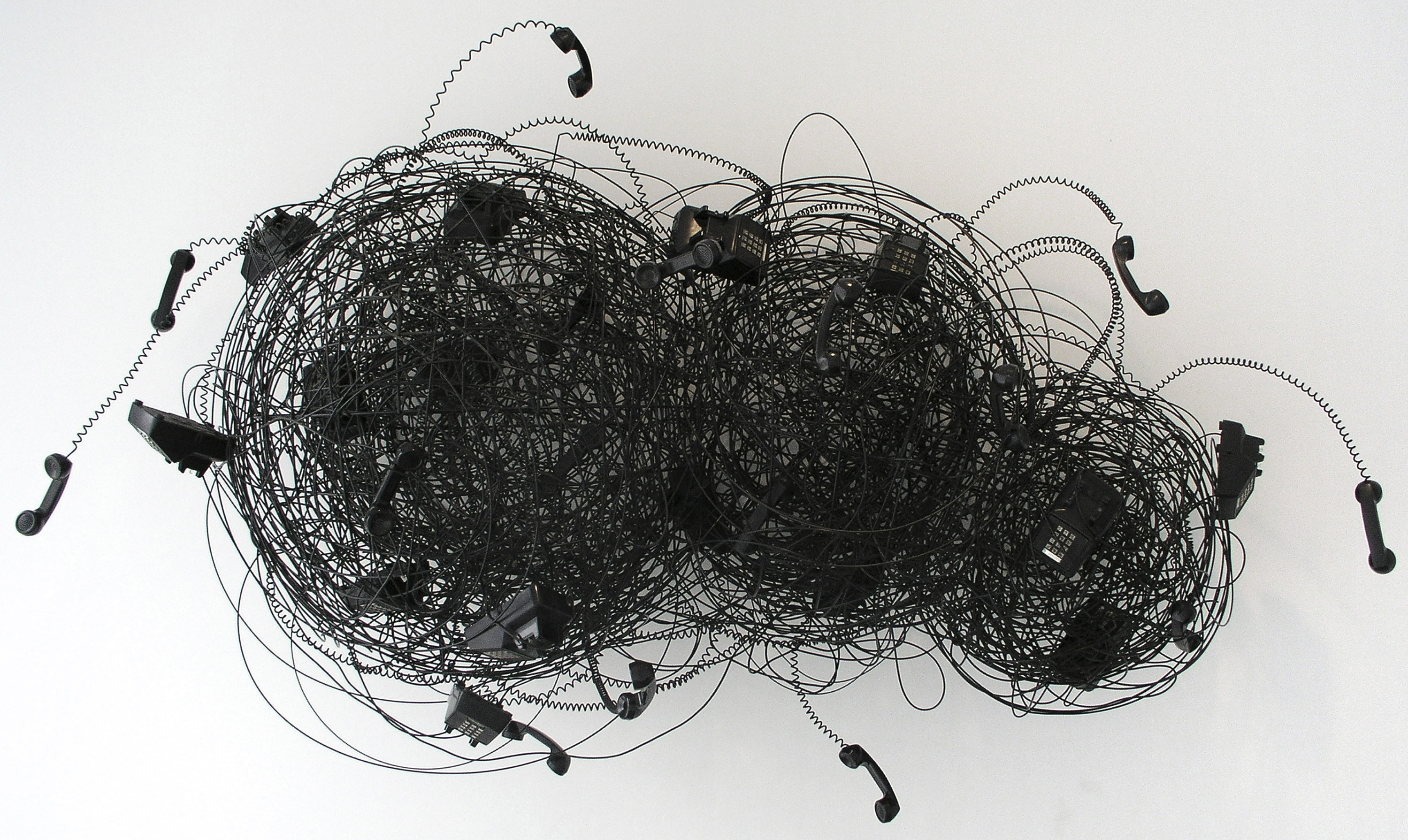 Robert Therrien's largest-ever museum show in Los Angeles is enduringly appealing
Robert Therrien's largest-ever museum show in Los Angeles is enduringly appealing'This is a Story' at The Broad unites 120 of Robert Therrien's sculptures, paintings and works on paper
-
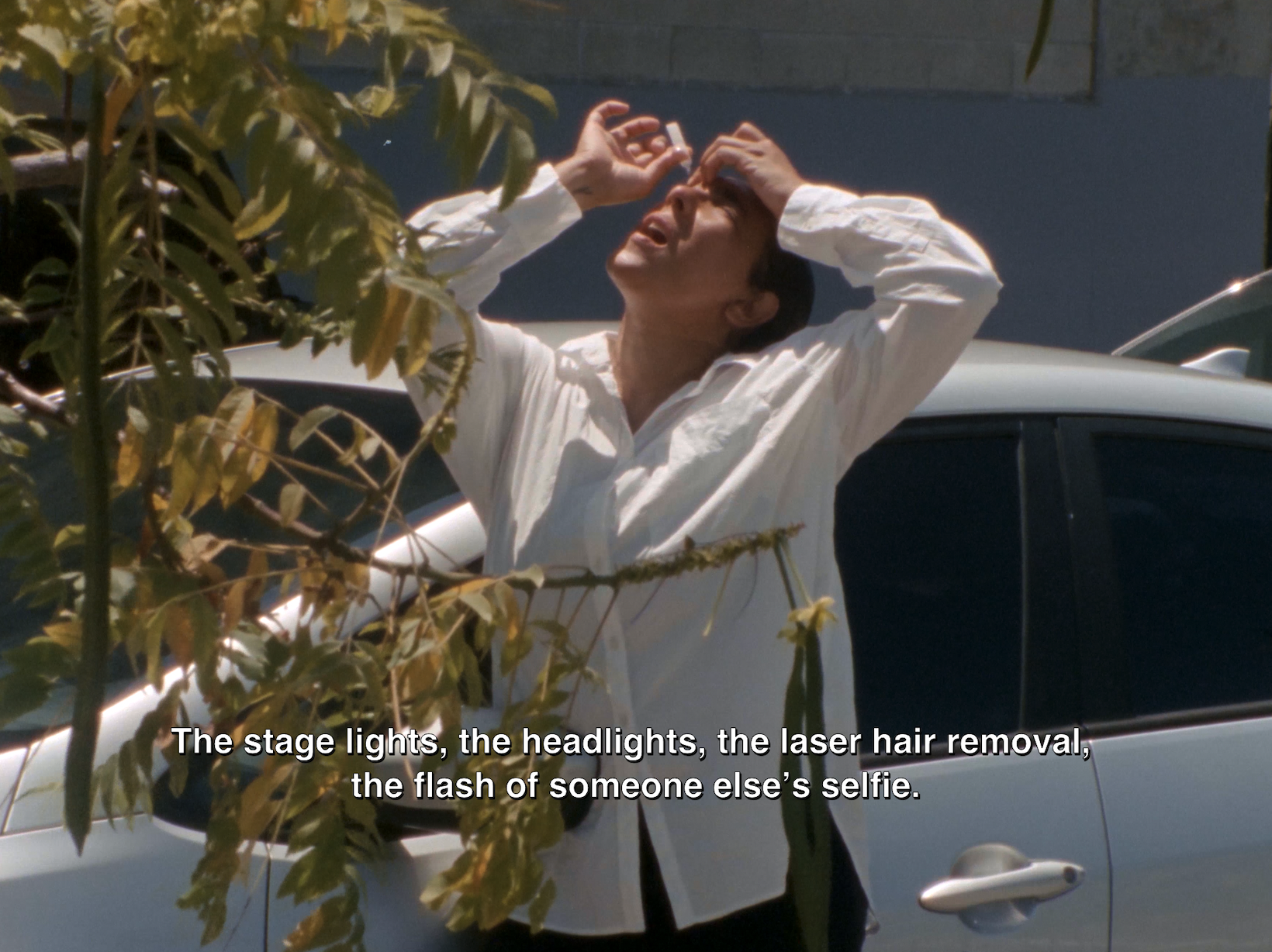 The Hammer Museum in Los Angeles launches the seventh iteration of its highly anticipated artist biennial
The Hammer Museum in Los Angeles launches the seventh iteration of its highly anticipated artist biennialOne of the gallery's flagship exhibitions, Made in LA showcases the breadth and depth of the city's contemporary art scene
-
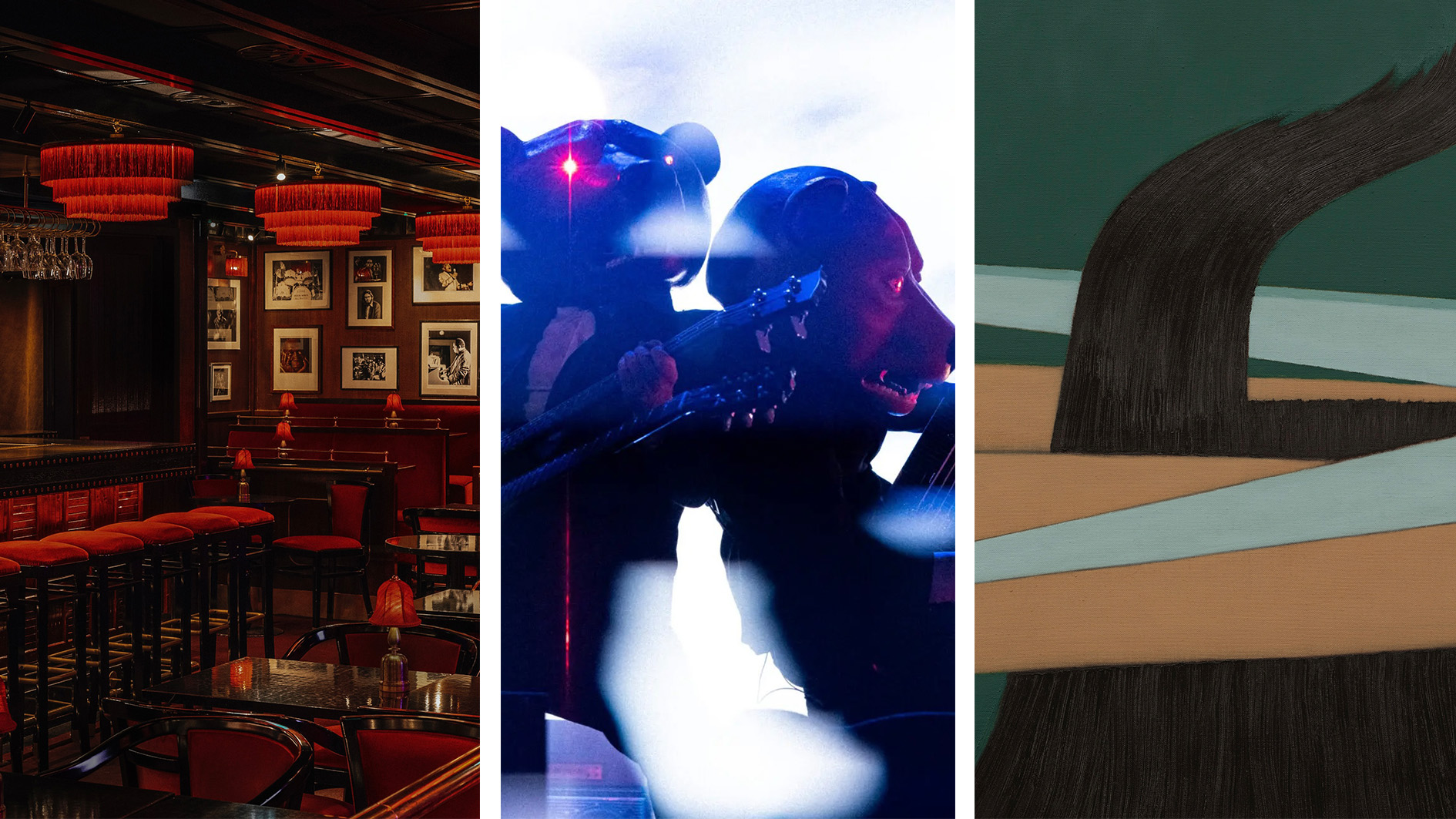 Out of office: the Wallpaper* editors’ picks of the week
Out of office: the Wallpaper* editors’ picks of the weekAnother week, another flurry of events, opening and excursions showcasing the best of culture and entertainment at home and abroad. Catch our editors at Scandi festivals, iconic jazz clubs, and running the length of Manhattan…
-
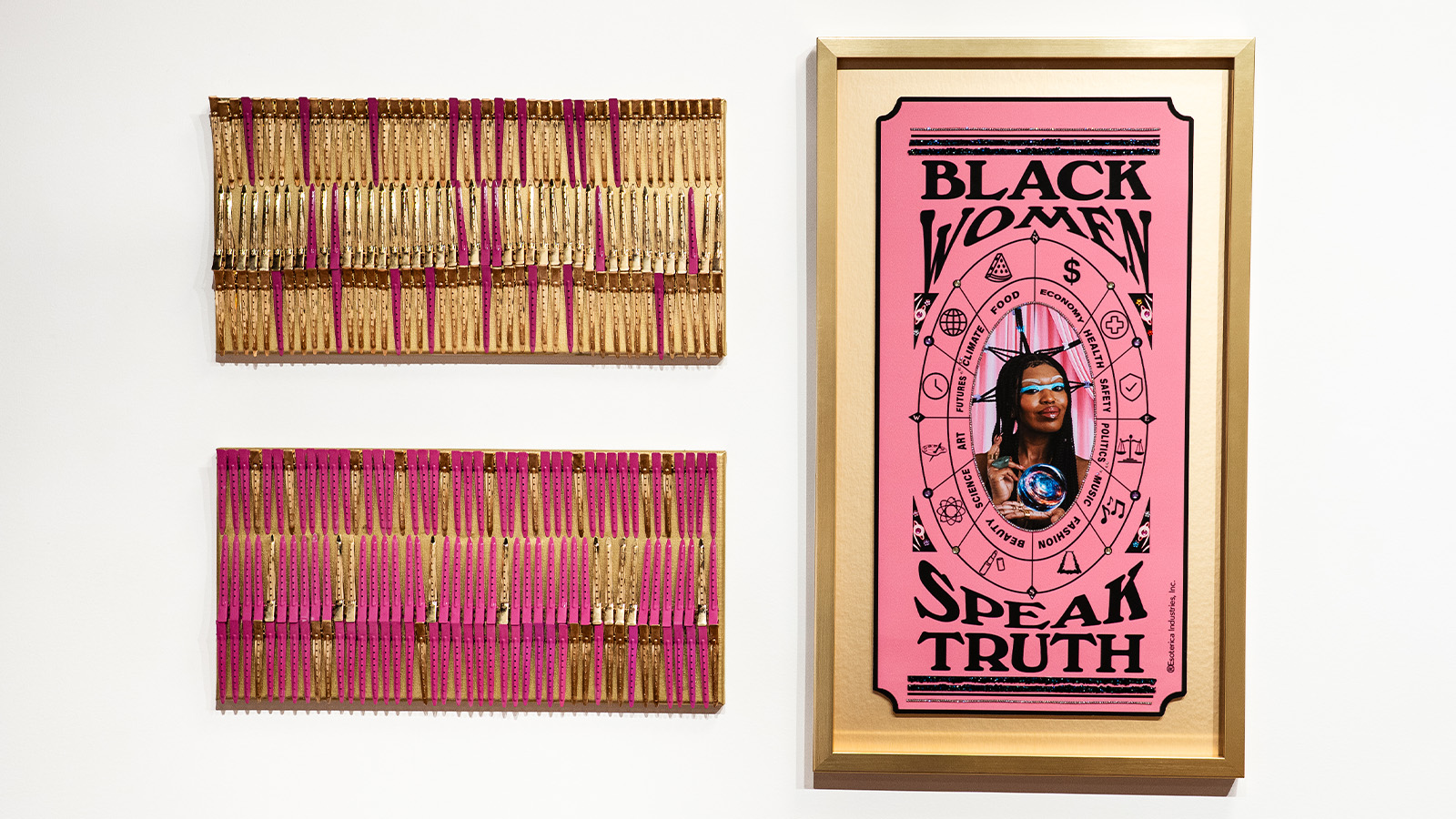 The spread of Butter: the Black-owned art fair where artists see all the profits
The spread of Butter: the Black-owned art fair where artists see all the profitsThe Indianapolis-based art fair is known for bringing Black art to the forefront. As it ventures out of state to make its Los Angeles debut, we speak with founders Mali and Alan Bacon to find out more
-
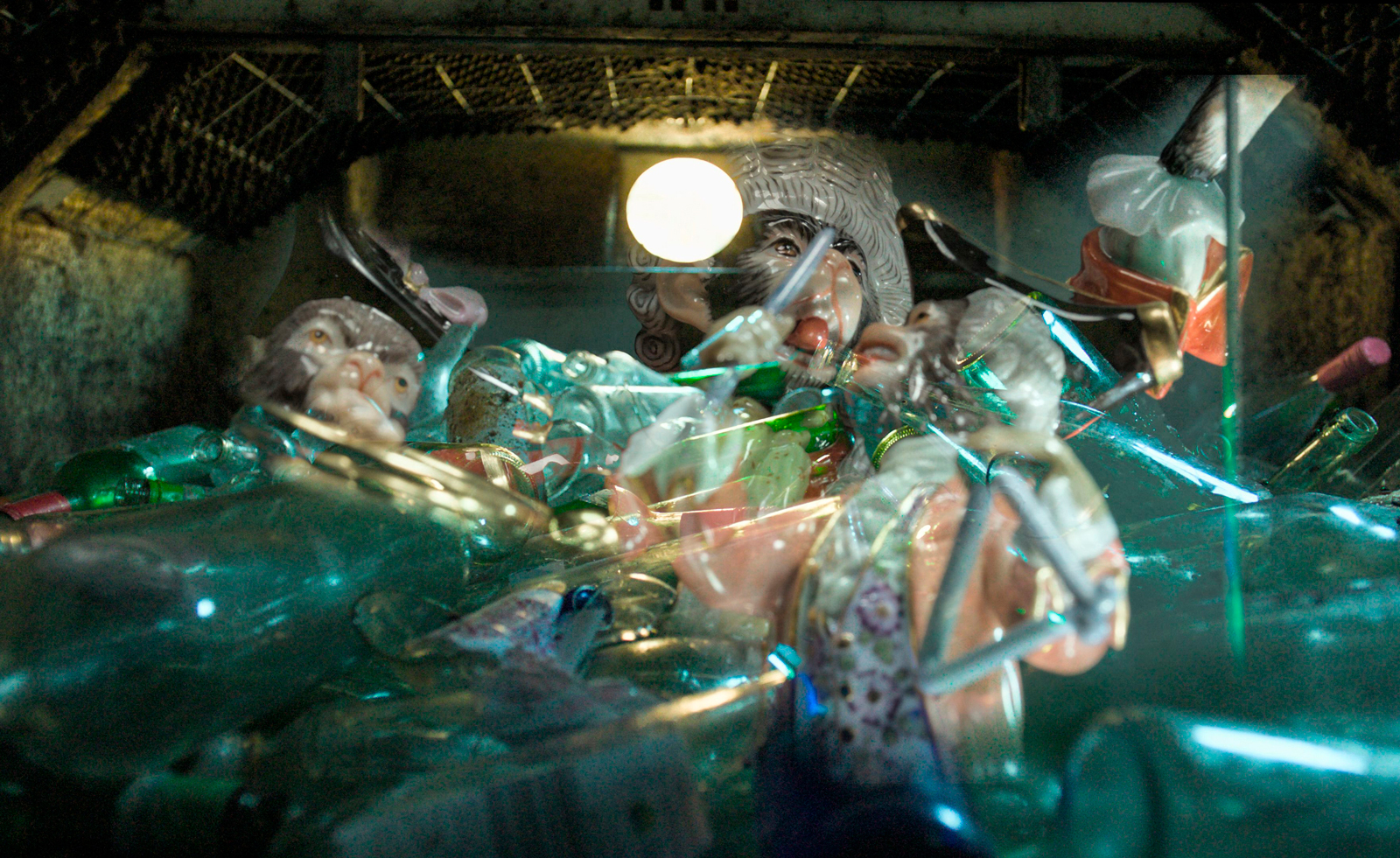 Thrilling, demanding, grotesque and theatrical: what to see at Berlin Gallery Weekend
Thrilling, demanding, grotesque and theatrical: what to see at Berlin Gallery WeekendBerlin Gallery Weekend is back for 2025, and with over 50 galleries taking part, there's lots to see
-
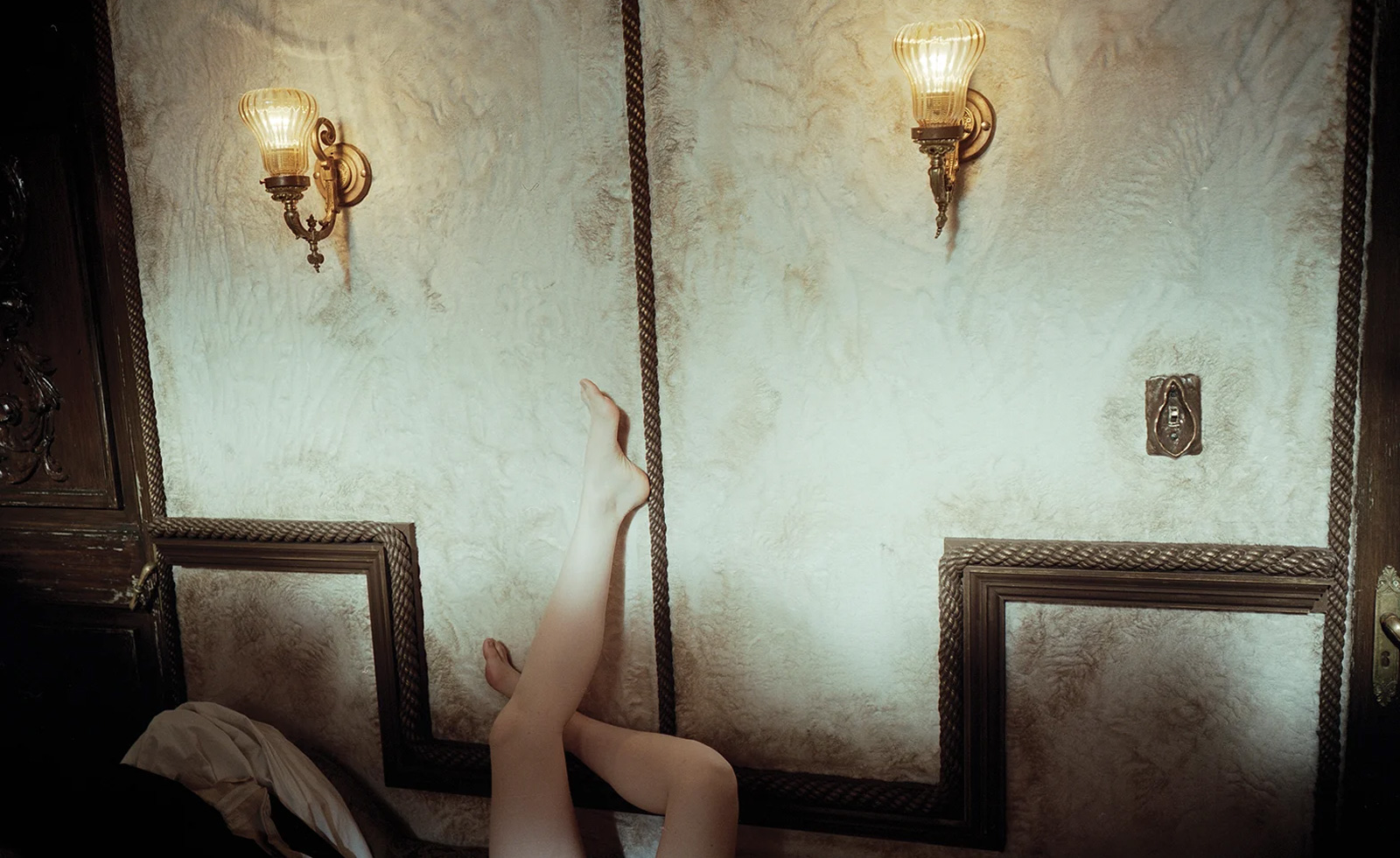 Unlike the gloriously grotesque imagery in his films, Yorgos Lanthimos’ photographs are quietly beautiful
Unlike the gloriously grotesque imagery in his films, Yorgos Lanthimos’ photographs are quietly beautifulAn exhibition at Webber Gallery in Los Angeles presents Yorgos Lanthimos’ photography
-
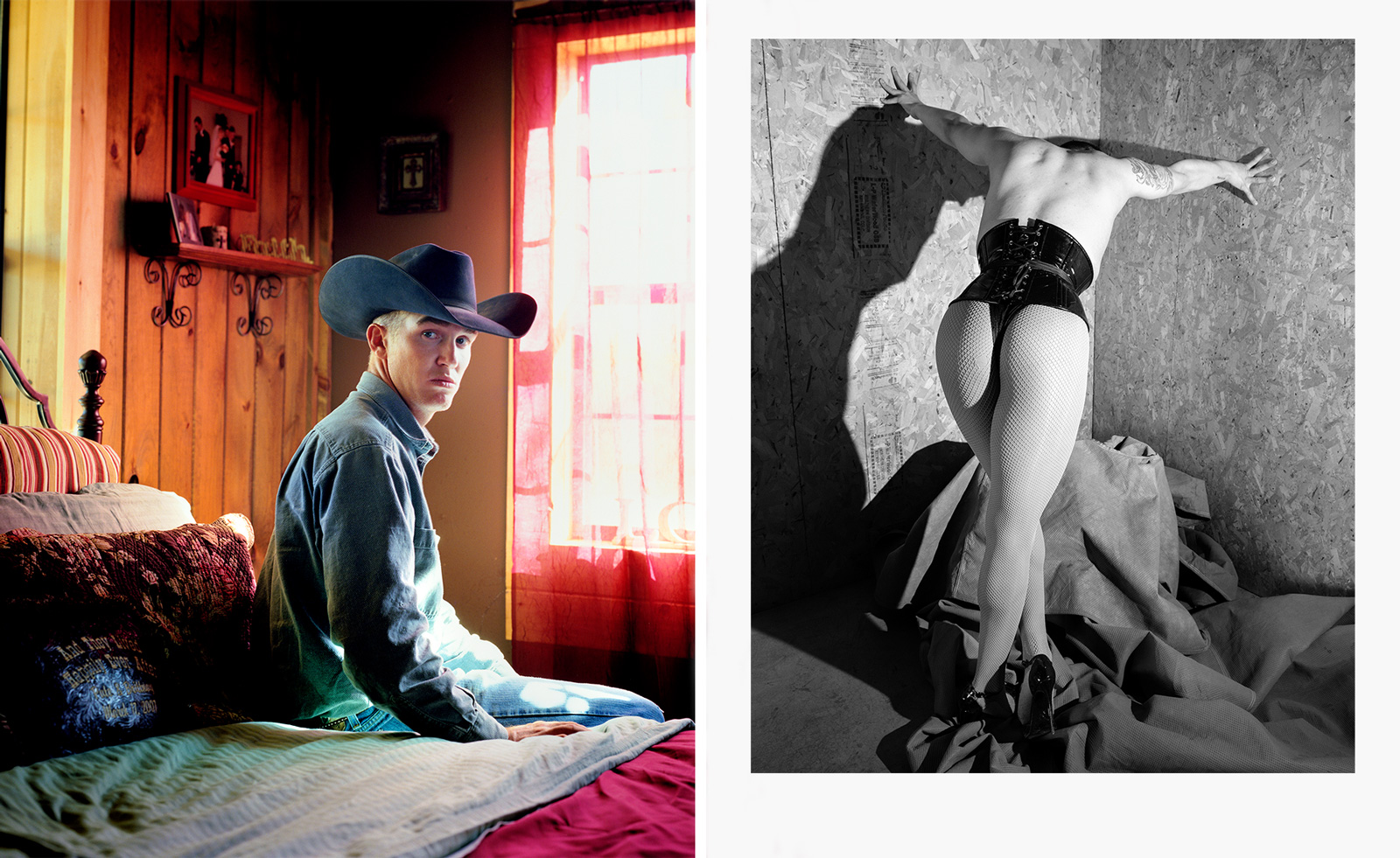 Cowboys and Queens: Jane Hilton's celebration of culture on the fringes
Cowboys and Queens: Jane Hilton's celebration of culture on the fringesPhotographer Jane Hilton captures cowboy and drag queen culture for a new exhibition and book
-
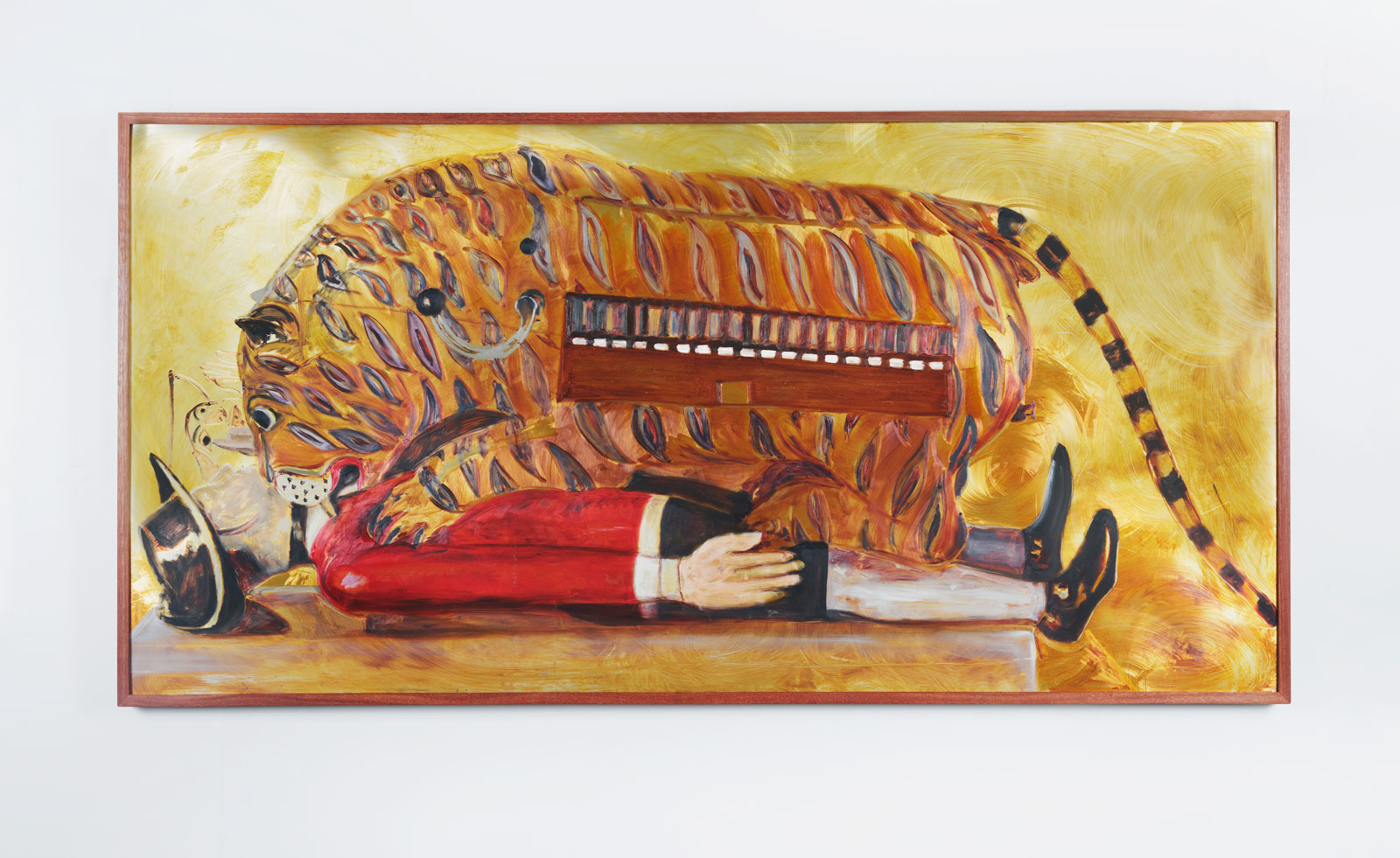 New gallery Rajiv Menon Contemporary brings contemporary South Asian and diasporic art to Los Angeles
New gallery Rajiv Menon Contemporary brings contemporary South Asian and diasporic art to Los Angeles'Exhibitionism', the inaugural showcase at Rajiv Menon Contemporary gallery in Hollywood, examines the boundaries of intimacy